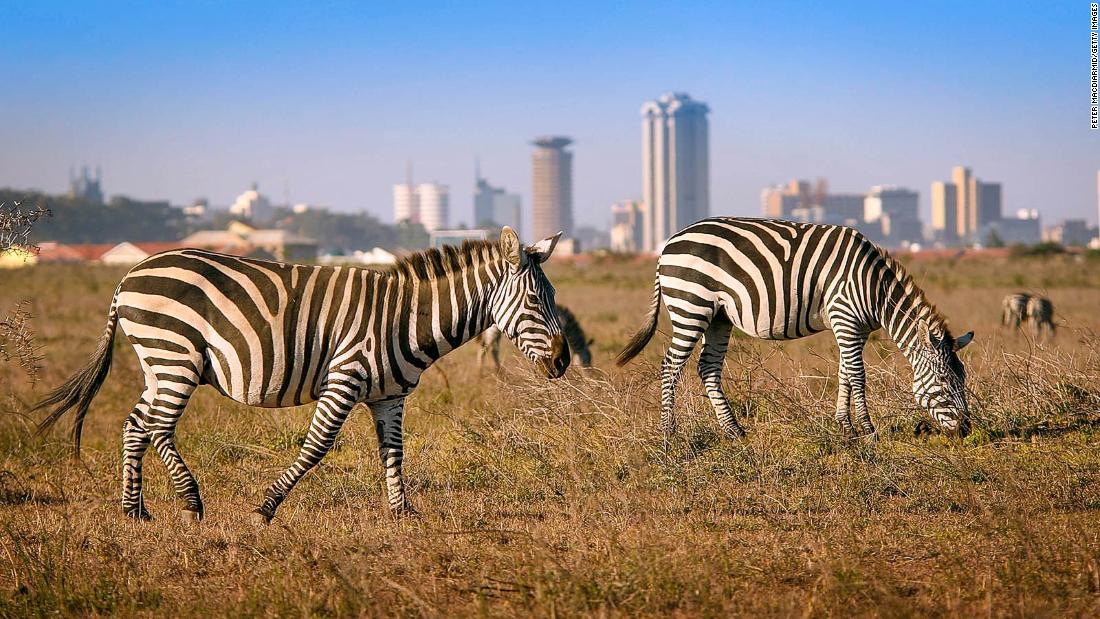Contact Details
Eric Fèvre (eric.fevre@liverpool.ac.uk). Institute of Infection and Global Health (IGH), University of Liverpool and jointly appointed at the International Livestock Research Institute, Nairobi, Kenya.
Background
How do zoonotic diseases spillover into humans? If we are able to understand the influence of environmental changes on the diversity and distribution of microbial communities in wildlife we may be able to make some progress in improving our understanding.
Project Overview
Wild birds were sampled across 99 wildlife-livestock-human interfaces across Nairobi, Kenya and whole genome sequencing (WGS) was used to generate data that allowed characterization of bacterial genes known to be carried on mobile genetic elements with avian-borne E. coli.
Research Impact
The results of this study show that there are differences in the response to wildlife species to changes in urban land use which could play a part in determining how microbial genetic diversity is related to host community diversity. Evidence suggests that households may act as an interface for the exchange of genes encoding AMR between livestock and wild birds.
Researchers
James Hassel1,2, Melissa Ward3,4, Dishon Mulio2,3,5, Judy Bettridge1,2, H. Phan4,6, Timothy Robinson7, Allan Ogendo2, T. Imboma8, John Kiiru9, Sam Kariuki9, Michael Begon10, Erastus Kang’ethe11, Mark Woolhouse3,5, Eric Fèvre1,2.
Institutions Involved
- Institute of Infection and Global Health, University of Liverpool, UK
- International Livestock Research Institute, Nairobi, Kenya
- Centre for Immunity, Infection and Evolution, University of Edinburgh, Edinburgh, UK
- Nuffield Department of Clinical Medicine, University of Oxford, John Radcliffe Hospital, Oxford, UK
- Usher Institute of Population Health Sciences and Informatics, University of Edinburgh, Edinburgh, UK
- Faculty of Medicine, NIHR BRC Southampton, University of Southampton, UK
- Food and Agriculture Organization of the United Nations, Rome, Italy
- National Museums of Kenya, Nairobi, Kenya
- Kenya Medical Research Institute, Nairobi, Kenya
- Institute of Integrative Biology, University of Liverpool, UK
- University of Nairobi, Kenya.
Funding
Funding was provided by:
- UK Medical Research Council, through the Environmental and Social Ecology of Human Infectious Diseases Initiative (ESEI)
- A cross-research council initiative supported by the Medical Research Council, Biotechnology and Biological Science Research Council, the Economic and Social Research Council and the Natural
- Environment Research Council and in part, by the CGIAR Research Program on Agriculture for Nutrition and Health (A4NH), led by the International Food Policy Research Institute
More information
- Full publication available here: https://doi.org/10.1038/s41467-019-10595-1
- Zoonoses in Livestock in Kenya (ZooLinK). http://www.zoonotic-diseases.org/project/zoolink-project/
